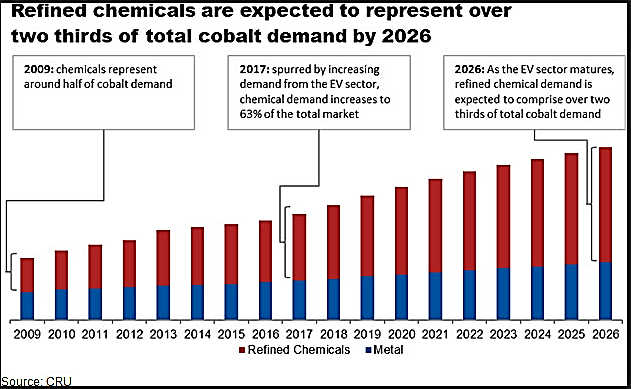
Why Cobalt
- Cobalt is one of the main components in Lithium-Ion Batteries (Li-B) for which demand is being driven by the Electric Vehicle (EV) revolution and the rise of Stationary Power Storage - Enabling use of renewable energy options for grid base load
- Cobalt-Based Cathode Chemistries deliver superior energy density for greater power and overall performance in Li-B's
- All major car manufacturers confirm EV’s are going mainstream;
- Tesla validates interest with about 400,000 preorders for Model 3, + potential new sector entries Apple, Google etc.
- Major Li-B producers confirm that cobalt-based compositions will remain Industry Standard for the foreseeable future
- Due to the perceived political instability of the DRC, availability and sustainability of cobalt has been thrown into question in recent months – not for the first time...
- Cobalt is arguably the most critical of critical LIB minerals
Cobalt
Cobalt is a metallic element having an appearance similar to silver. It is generally recovered as a byproduct metal in the extraction of nickel or copper. Cobalt's primary ores are cobaltite (CoAsS) and erythrite (Co3(AsO4)2).
Cobalt minerals have been used as pigments since ancient times. In the 15th century, miners in the Erzgebirge Mountains in Germany used the term kobold (evil spirit) for certain ores that were difficult to smelt and which, when roasted, produced toxic smokes. When melted together with sand, these roasted ores were converted into a blue glass called smalt. In 1742 the Swedish chemist Brandt showed that this colour was due to an unknown metallic element, which was isolated in 1780 by Bergman. The pottery and ceramic industries were the only consumers of cobalt up to the beginning of the 20th century.
Cobalt is used in alloys to impart greater hardness and corrosion resistance. It has been historically used in the manufacture of blue and green pigments. Petrochemical applications include its use in refinery catalysts, Fisher Tropsch catalysts, and oxidation catalysts. Cobalt is a key component in tire manufacture in the form of carboxylate compounds which enhance the bonding between the rubber and the brass coated steel cord. Rechargeable battery cathode materials represent a sizeable and fast growing segment of cobalt use as well.
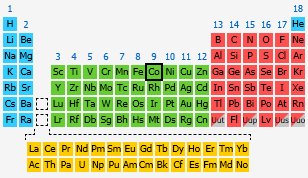
Key Terms
Cobalt metal: Cobalt in its metallic form, the commodity that is traded on the London Metal Exchange (LME) at minimum 99.3% Co purity, high grade metal (not traded on the LME) is defined as minimum 99.8% Co purity.

Cobalt concentrate: A 6-10% Co concentrate that is derived directly from cobalt containing ores through the mining and primary processing of crushing, grinding and flotation or leaching.
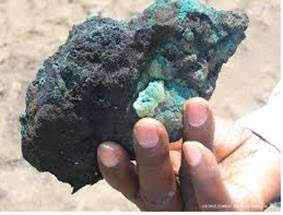
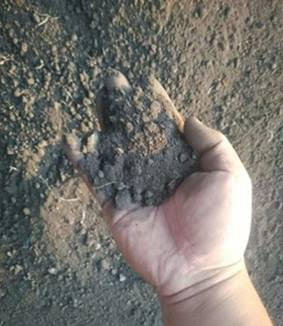
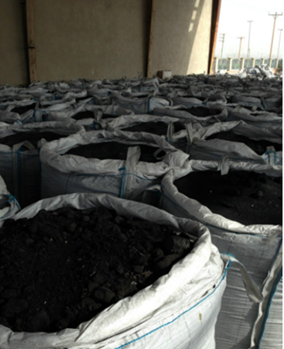
Cobalt sulphate heptahydrate: A refined cobalt product which typically contains >20.5% Co and can be used for a number of end markets but will most commonly enter the lithium-ion battery supply chain.

Cobalt oxide: A refined cobalt product which typically contains >71% Co and has a product formula: Co3O4 . Cobalt oxide can be used for the manufacturing of pigments in paints and ceramics; preparation of cobalt salts; catalyst; porcelain enamels; coloring glass; Co metal powders but will most commonly enter the lithium-ion battery supply chain.
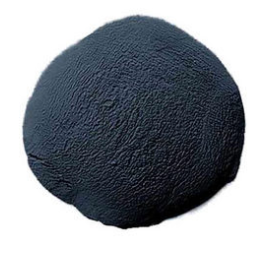
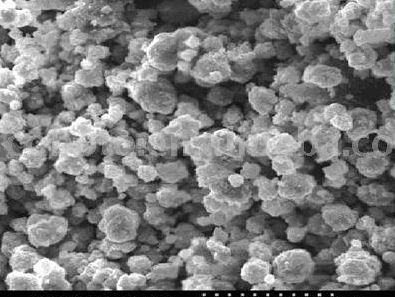
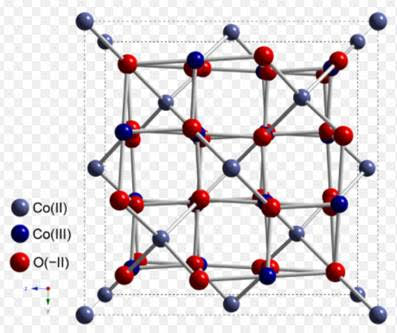
Cobalt carbonate: Reddish-purple powder; insoluble in water, soluble in acids. Main uses: Ceramics, pigments, animal feed trace elements, catalyst raw material. Feedstock material generally produced at mine site as part of the primary processing of cobalt ores. Its chemical formula is CoCO3 and contains typically >48% cobalt on a dry basis.
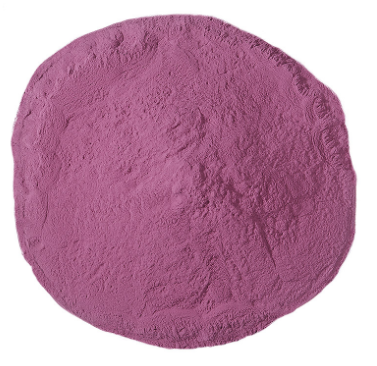
Cobalt hydroxide: Cobalt feedstock material generally produced at mine site as part of the primary processing of cobalt ores. Crystalline form of cobalt insoluble in water, typically around 60% cobalt on a dry basis.
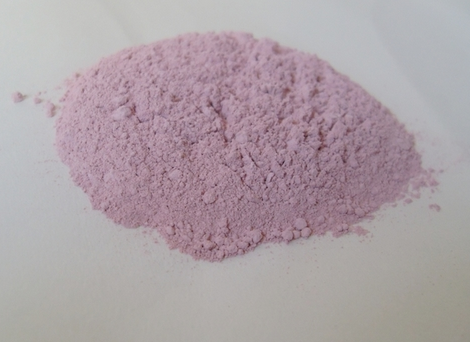
Cobalt salt: Cobalt in a salt form, commonly crystalline. The most prevalently used cobalt salts for the manufacture of lithium ion batteries are cobalt sulphate and cobalt chloride.

Cobalt Sulphate
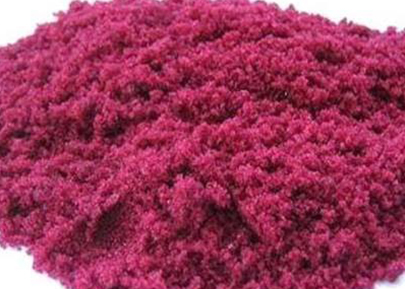
Cobalt Chloride (hydrated)
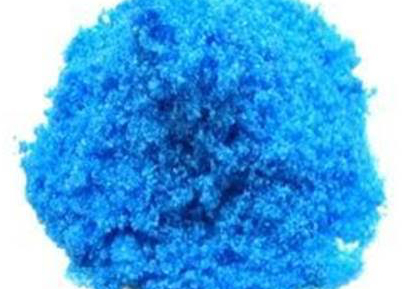
Cobalt Chloride (anhydrous)
Cobalt chemical: This refers to any downstream refined cobalt product that is in a chemical form (non-metallic).
